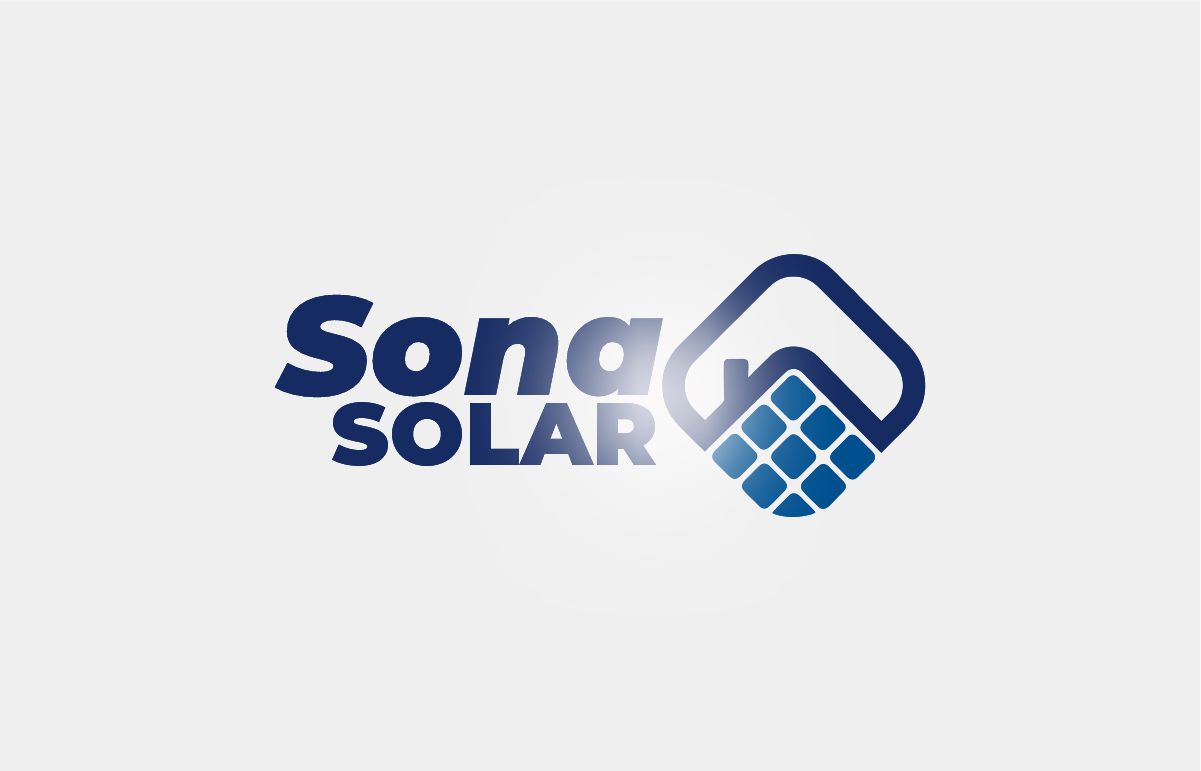Sona Solar Zimbabwe
Your Partner in Energy Independence
Sona Solar Zimbabwe is a leading solar company providing top-quality solutions to residential and commercial clients. We are dedicated to making the switch to solar energy easy, affordable, and efficient for everyone.

Comprehensive Solar Solutions
We help you determine the best solution for your specific needs.
WHAT WE DO
Full Service
- Solar Panel Installation
- Solar Battery Storage
- Solar Water Heating
- Off-Grid Systems
EFFICIENCY FIRST
Our Philosophy
Before investing in solar, we ensure your home or business is energy-efficient. This reduces your overall consumption and costs, helping you get the most out of your system.
The Sona Difference
Quality Products
We only work with trusted brands and use the latest technology in all our installations. This ensures our clients receive the most efficient and durable solutions.
Customer Satisfaction
We go above and beyond to ensure you are happy with your system, providing ongoing support and maintenance services to keep everything running smoothly.
Solar Accessories Guide
A system is only as good as the components that make it up. Here is what you need to know about the accessories for your Zimbabwean home or business.
Solar Panels capture the sun's energy. While 340W panels were common, 400W+ panels are now the standard in Zimbabwe.
- Types: Monocrystalline (more efficient) vs Polycrystalline.
- Voltage: Typically 12V or 24V, though 36V+ exists.
- Format: Rigid panels are durable; flexible panels suit curved roofing.
Inverters convert DC power from panels into AC power for your home. Your inverter size must match or exceed your total load.
- Off-Grid: Essential for battery setups. Includes AC charging inputs for grid/generator backup.
- Grid-Tied: Connects to the utility grid but often lacks battery backup during power cuts.
- Hybrid: The best of both worlds, managing solar, batteries, and the grid.
Batteries store energy for use at night or during ZESA load shedding.
- Lithium-Ion: Best performance, deeper discharge, longer life.
- Gel / AGM: Maintenance-free, good mid-range option.
- Flooded Lead Acid: Affordable but requires maintenance.
Most solar batteries come in 12V, 24V, or 48V configurations.
Wiring transfers energy safely. The industry standard connector is the MC4. Key components include:
- Battery to Inverter Cables
- DC Loading Wire
- Branch Connectors
- Crimp Connectors
Monitoring: Real-time data on production and battery health via Bluetooth or Apps.
Racking: Aluminum structures (rails, brackets, clips) to mount panels securely on roofs or the ground. They must handle the weight and wind load.
The "nervous system" of your setup. This includes safety mechanisms:
- Combiner Box: Consolidates wires from multiple panels.
- AC/DC Disconnects: Manual switches to shut off power for safety/maintenance.
- Circuit Breakers & Fuses: Essential protection against surges and faults.
.jpg)
Join The Solar Revolution
You can trust that you are getting the best solar solution for your needs at an affordable price.
Contact Us For A Free QuoteCommon Questions and Popular Searches
Explore Answers To Frequent Questions And Discover Resources For Your Solar Journey:
1kVA Inverter Load Guide
Load guide for small households.
2kVA System Load Capacity
Powering essentials in medium homes.
3kVA System Panel Count
Understand solar array sizing.
3kVA Inverter Load Guide
Appliance guide for a typical household.
Best 3kVA Inverter Brand
Compare reliability and warranties.
3kVA Appliance Load Guide
Understand simultaneous load capacity.
3kVA Powering Motor Loads
Guidance on handling motor loads.
Choosing the Right Inverter
Matching inverters to your specific load.
Match Panels to Inverter
Tips for optimal system performance.
3.5kVA Inverter Load Guide
Explore residential setup capabilities.
Best Solar Panels Zimbabwe
Analysis of performance and durability.
Solar Companies Zimbabwe
Customer service and reliability.
Best Solar Panel Brands
Guide for home and business solutions.
Solar Installers Zimbabwe
Professional and certified installers.
3kVA System Cost Guide
Get pricing information for Zimbabwe.
5kVA System Cost Guide
Budget requirements for systems.
Contact Our Sales Team:

Sona Solar Zimbabwe
Address:
7 Frank Johnson Avenue, Eastlea, Harare, Zimbabwe.
Call/WhatsApp:
Sales:
+263 78 293 3586
Sales:
+263 78 922 2847
Operations:
+263 78 864 2437
Email:
sonasolarzw@gmail.com
Website:
www.sonasolar.co.zw

Borehole Experts Zimbabwe
Address:
7 Frank Johnson Avenue, Eastlea, Harare, Zimbabwe.
Call/WhatsApp:
Sales:
+263 77 389 8979
Sales:
+263 71 500 3777
Operations:
+263 71 918 7878
Email:
boreholeexpertszw@gmail.com
Website:
www.boreholeexperts.co.zw

Follow Our Social Media Icons
TikTok Pinterest YouTube Telegram WhatsApp